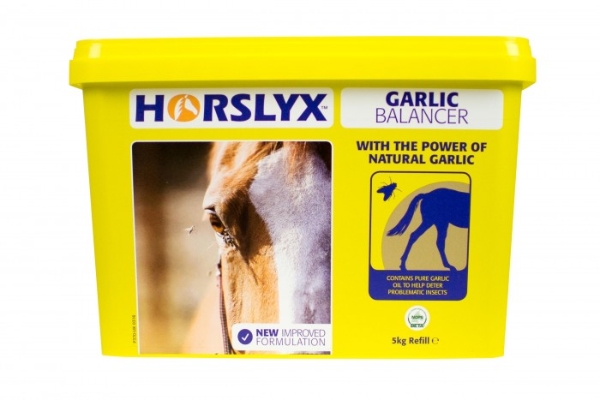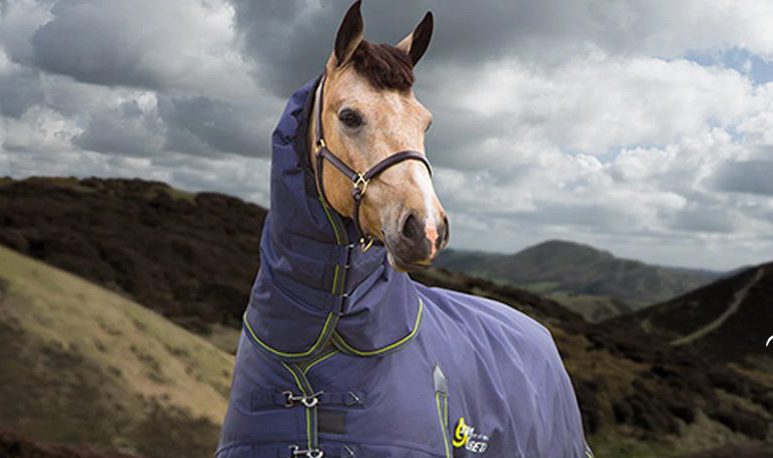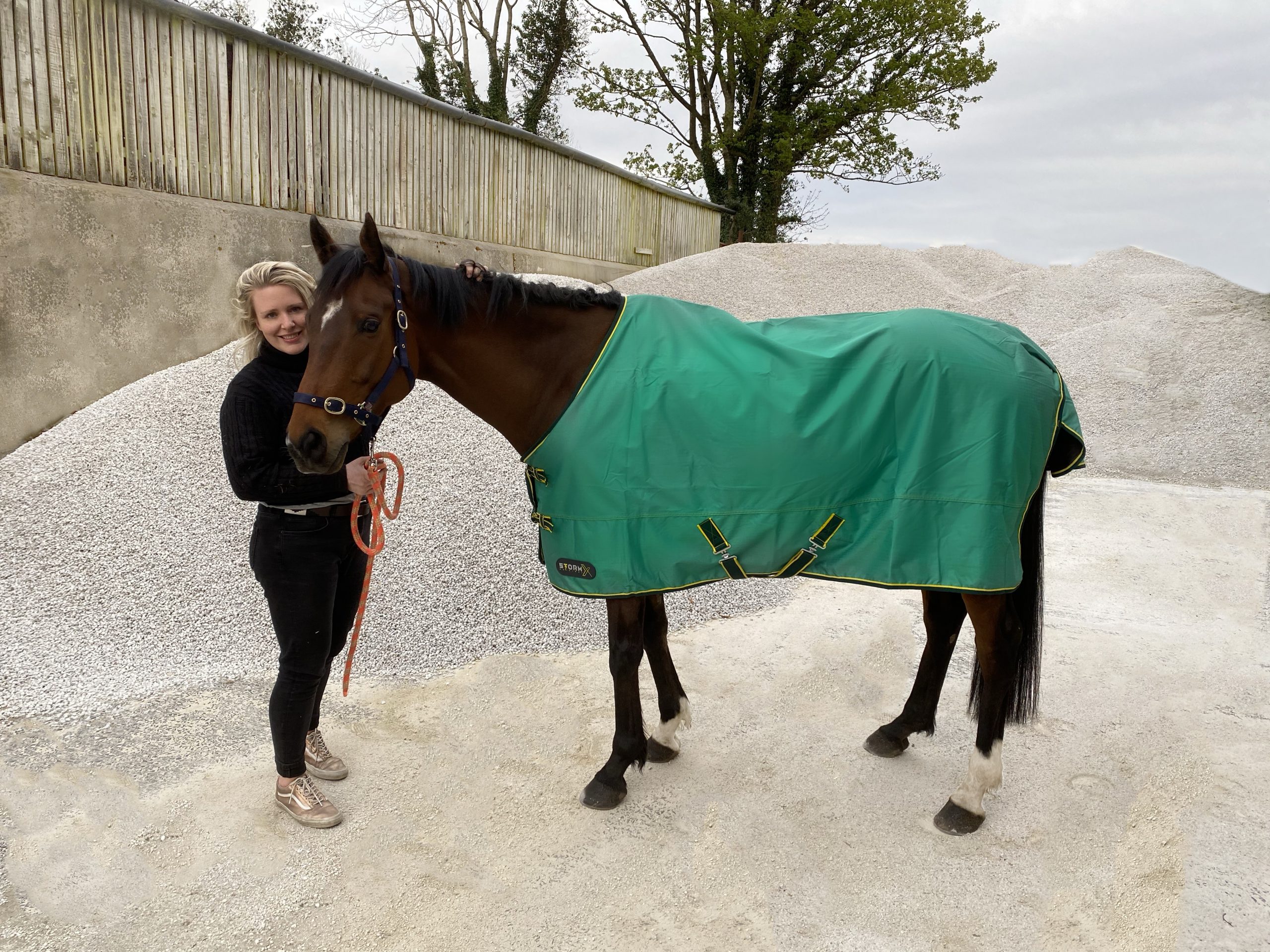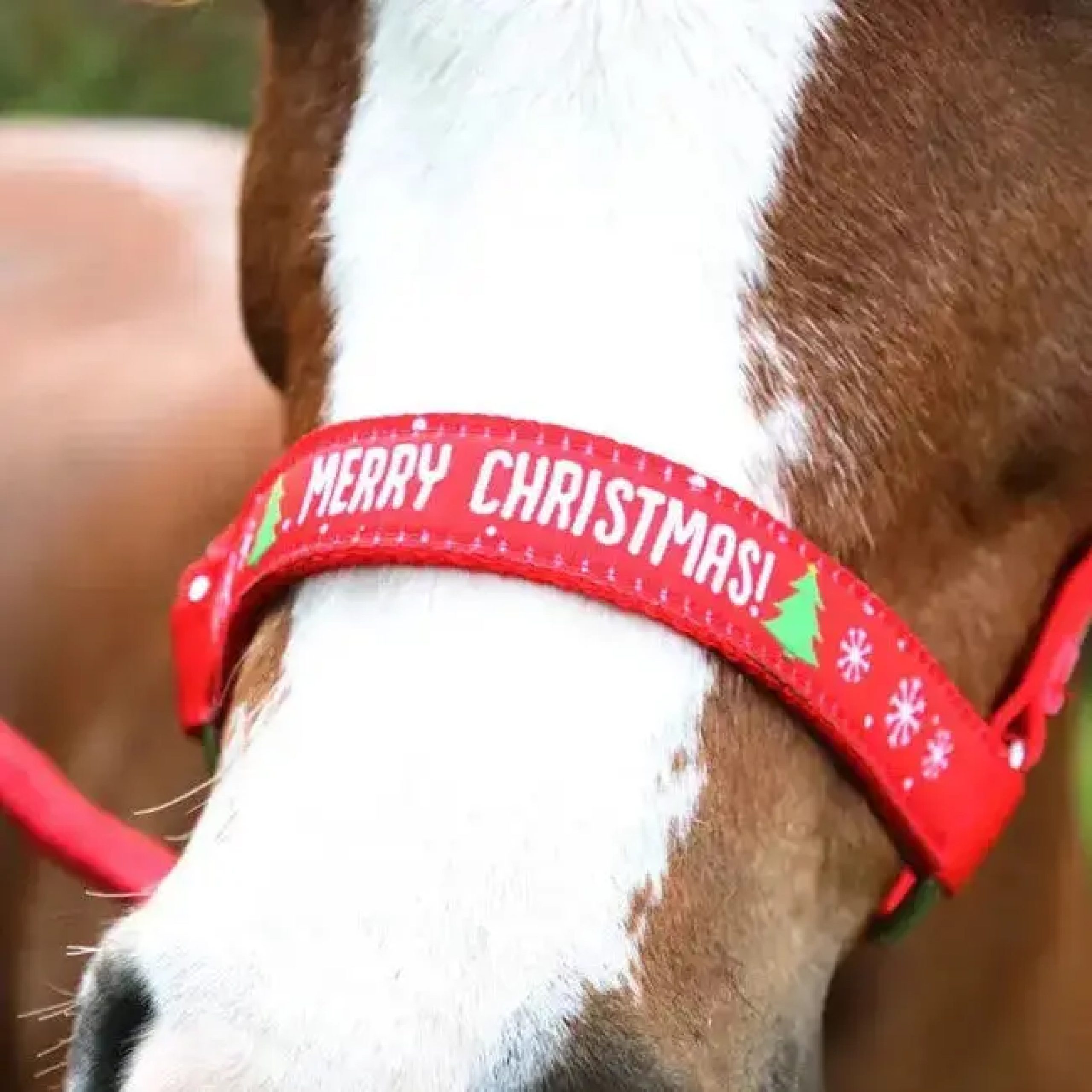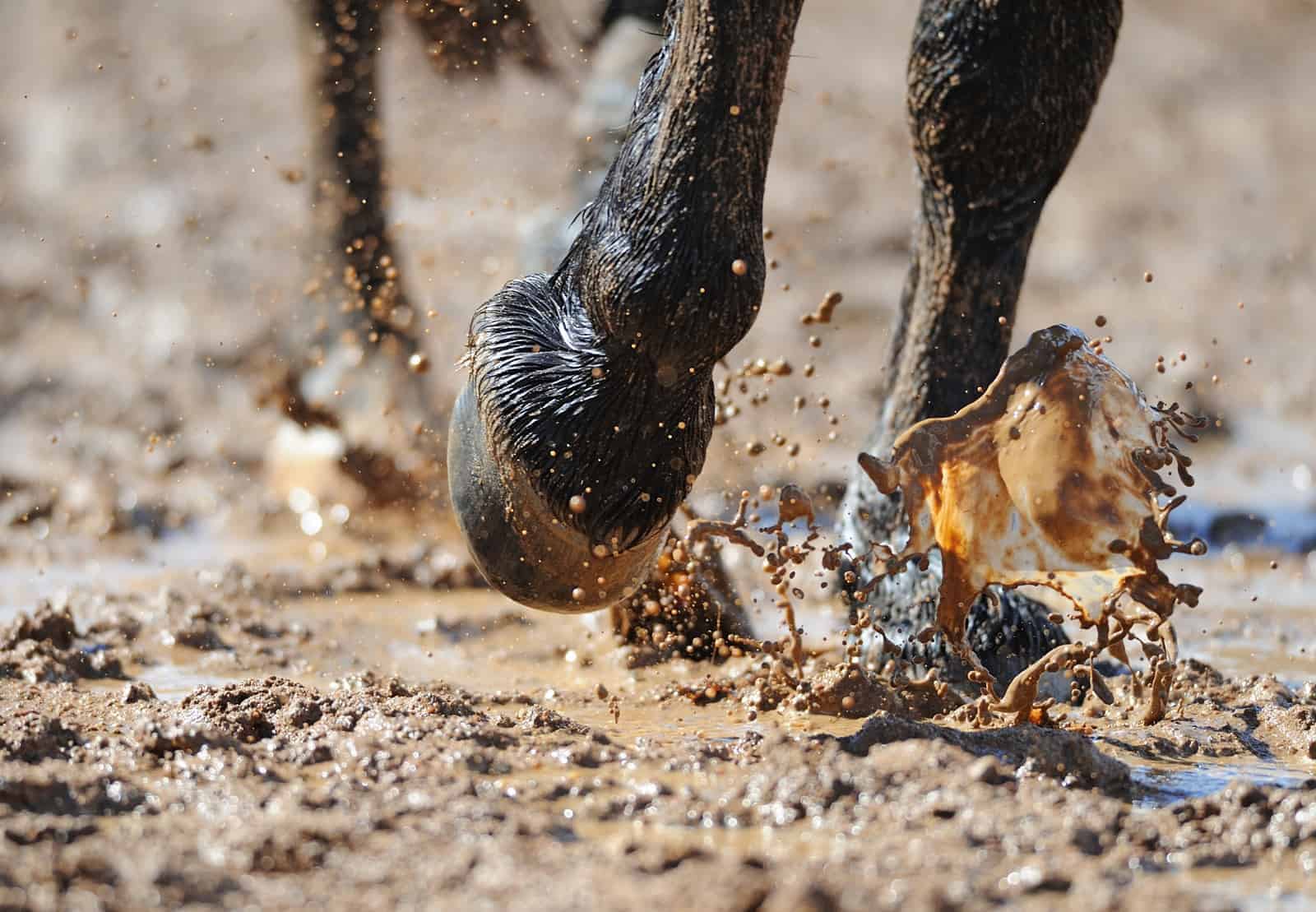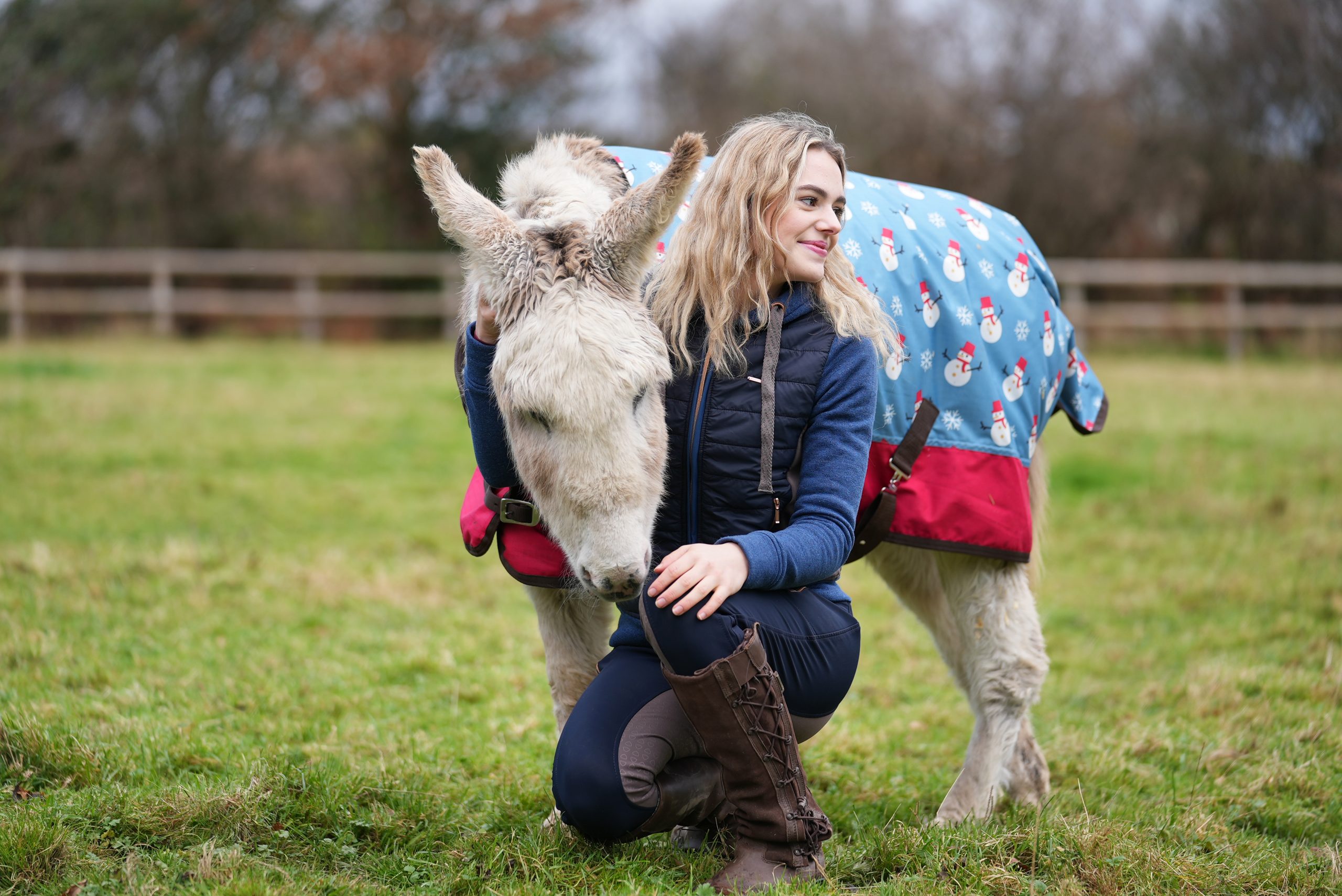It’s that time of year again folks when the dreaded flies and midges are starting to pester not only us but our horses & ponies aswell!
Work from the inside out!
David
There are various types of flies that can affect horses, including face flies, biting horse flies & midges.
Face flies, don’t actually bite the horse, but look for sources of moisture from the nose, eyes & mouth. They will land on the face in great numbers, causing the horse stress and can also increase the risk of passing on infection.
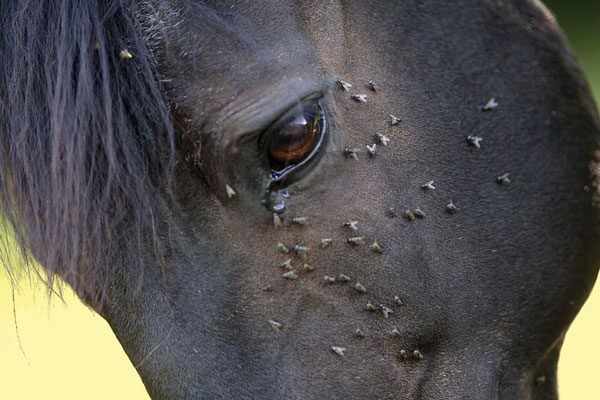
The biting female horse flies (the real big ones that you have to slap) navigate by following large heat signatures, such as horses and people. They then land and bite down on the host which is very painful! Female horse flies need a blood meal in order to mate and produce eggs. The main areas of this would be around the front legs, around the teats or sheath and sometimes just over the entire body.
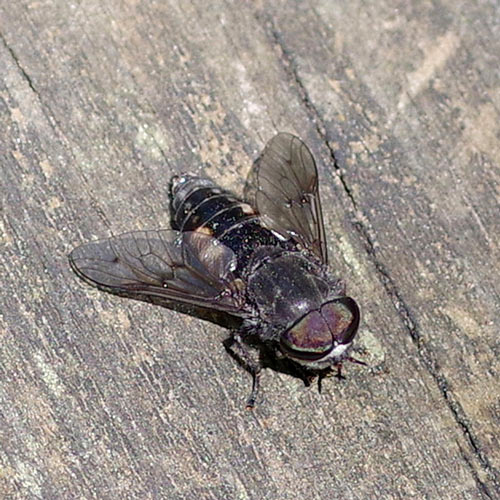
Midges are the main cause of sweet itch in horses. When the midges bite, this can cause an allergic reaction to the saliva, which then causes the horse to itch relentlessly, resulting in hair loss and sores in the affected areas. These are probably the most common type of fly and the most difficult to keep under control.
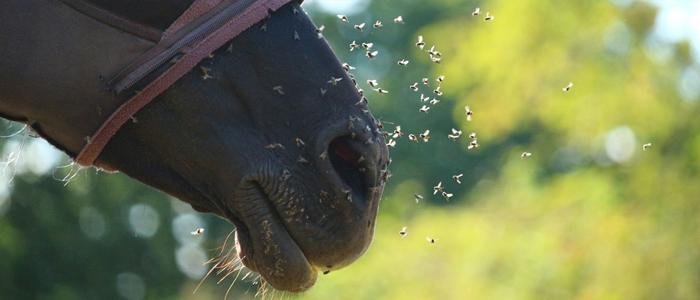
Should your horse or pony ever be unfortunate enough to get affected by flies or midges, the good thing is there are plenty of resources we can use to ensure we give them the best chance at keeping these pests at ‘bay’. (Excuse the pun!)
Our top tips for reducing the effects of flies are:
RUGS & MASKS
Fly rugs and masks are made of a fine mesh which prevents flies from landing on the horse’s skin. They also prevent flies from being able to bite. This is the most trusted form of keeping flies off the horse/pony. However, we all know what horses can be like with rugs, therefore sometimes we have to opt for a less expensive and viable source of stopping flies!
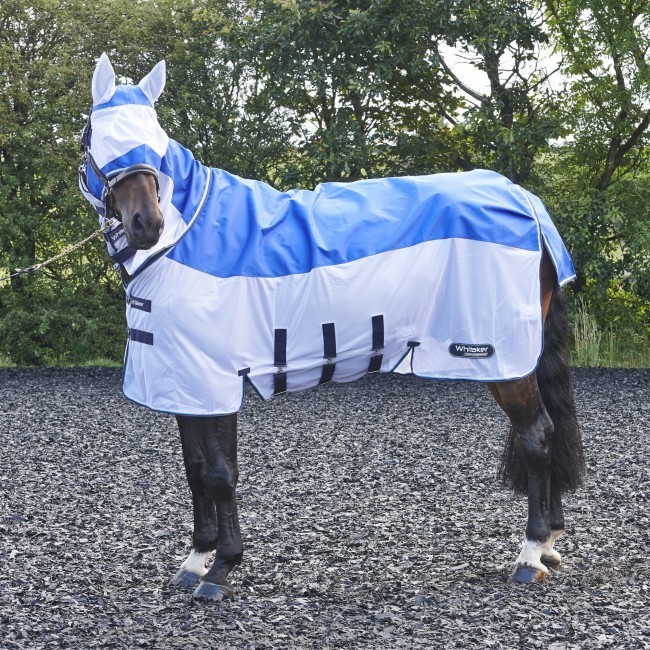
FLY SPRAY
Fly sprays use various ingredients to repel flying insects. Each ingredient can target different types of flies e.g. Citronella is designed to repel midges, whereas Deet is designed to repel horse flies. Although the majority of the time they all help towards reducing the effects of all types of flies. Always read the ingredients on your fly spray to ensure the percentage is high enough to actually work and be effective in repelling flies!
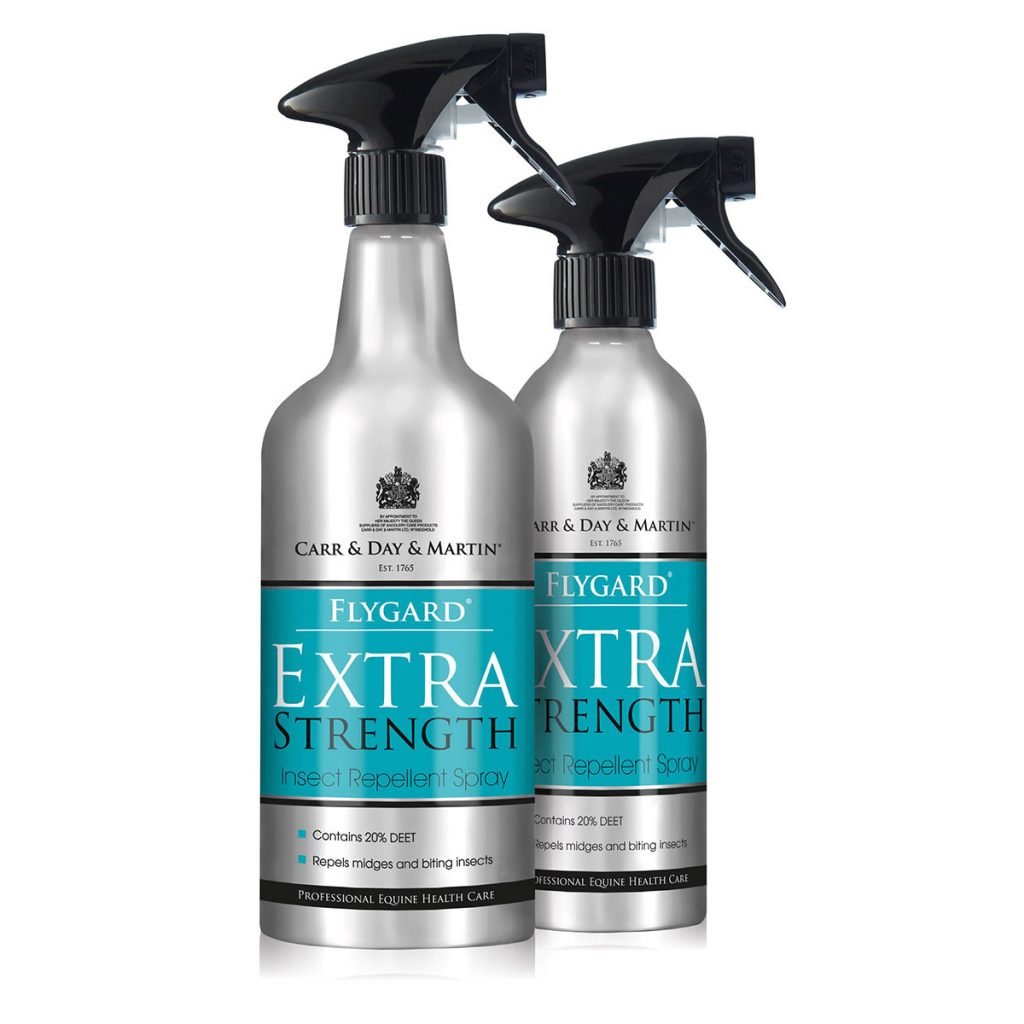
Also, for the horses that think spray bottles are big scary monsters.. we have a gel formulation which has proven to be a real hit since making it on the market! With a sponge that is provided, simply just add gel to the sponge and wipe on the badly affected areas! Its as simple as that!
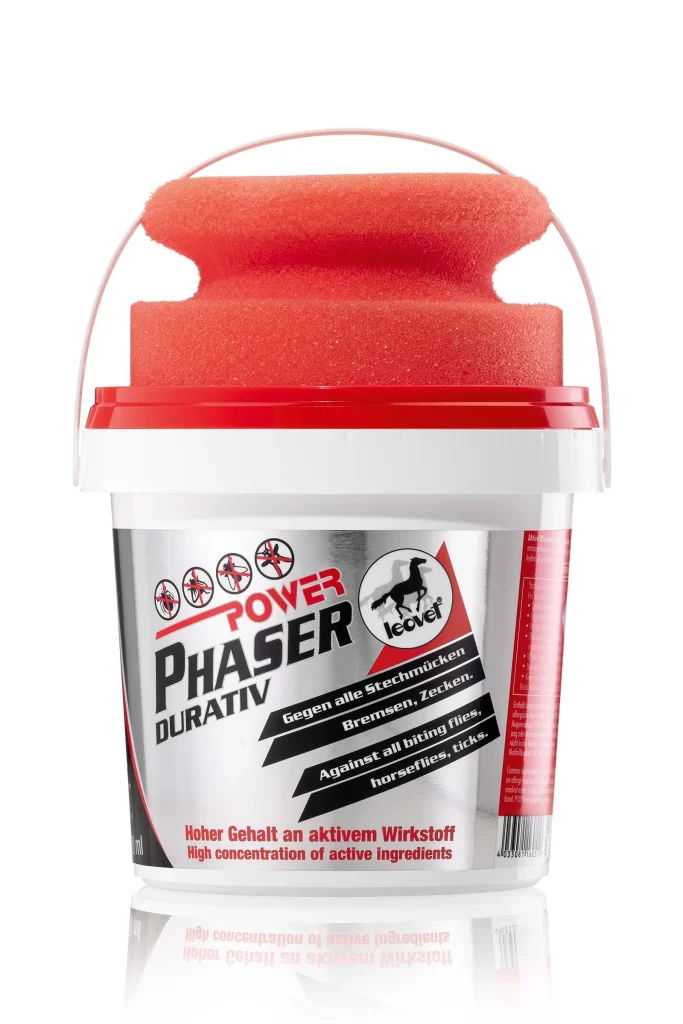
SHELTER
During the heat of the day, if it is possible, then keeping your horse inside during the day time will help keep them away from nuisance flies. During the night is when the cooler temperatures come about and the flies don’t be as crowded in numbers.
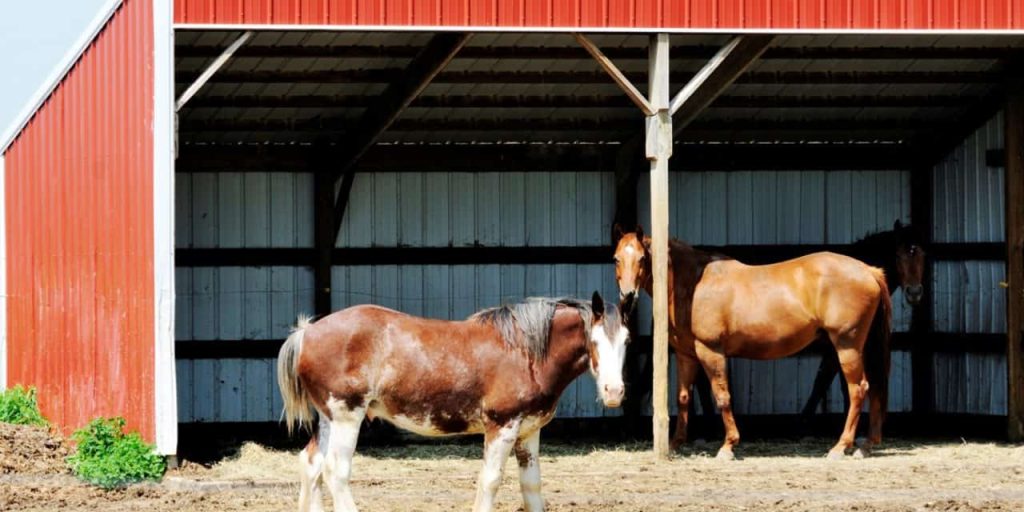
BREEDING
Muck heaps make fantastic breeding grounds for flies, keeping them away from your paddocks and regular poo picking will help to reduce fly numbers. This is a huge part in keeping those flies at bay!
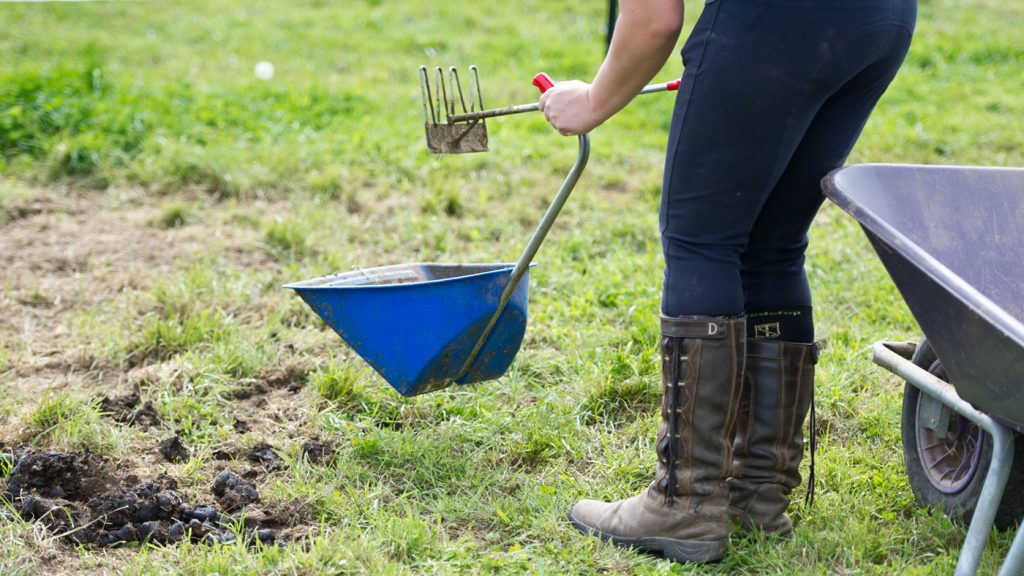
FEED & SUPPLEMENTS
One of the most important ways in which to help your horse/pony against flies is to have them on a diet which has Garlic in it. Garlic is the most natural and longest used method of protection against flies known to man. When used as a feed-through strategy, garlic creates an odour in an animal’s sweat that presents an offensive barrier to biting insects.
Even vampires don’t like Garlic.. and that’s saying something!
Garlic hating human
We have a few feeds & supplements in store which would help. They are:
Bluegrass Garlic Chaff
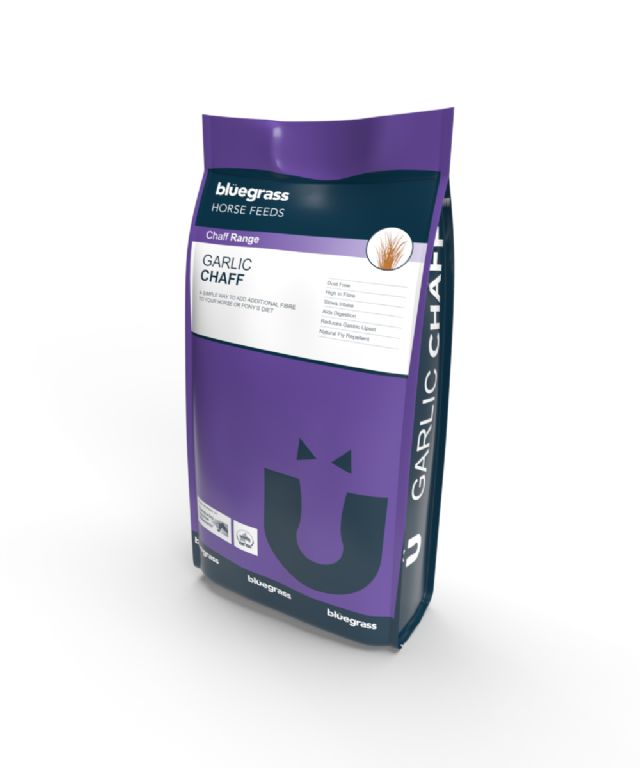
Lincoln Garlic Powder
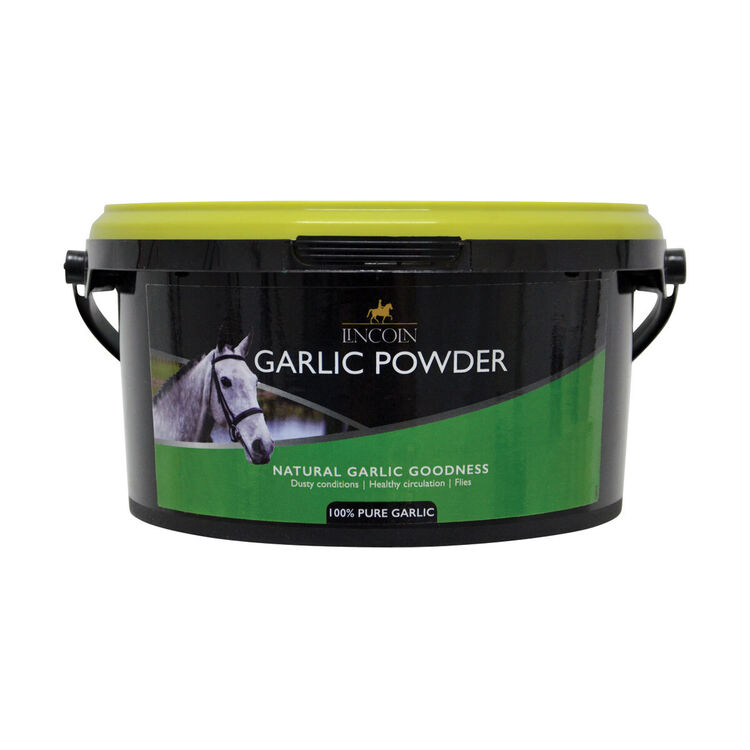
Lincoln Liquid Garlic
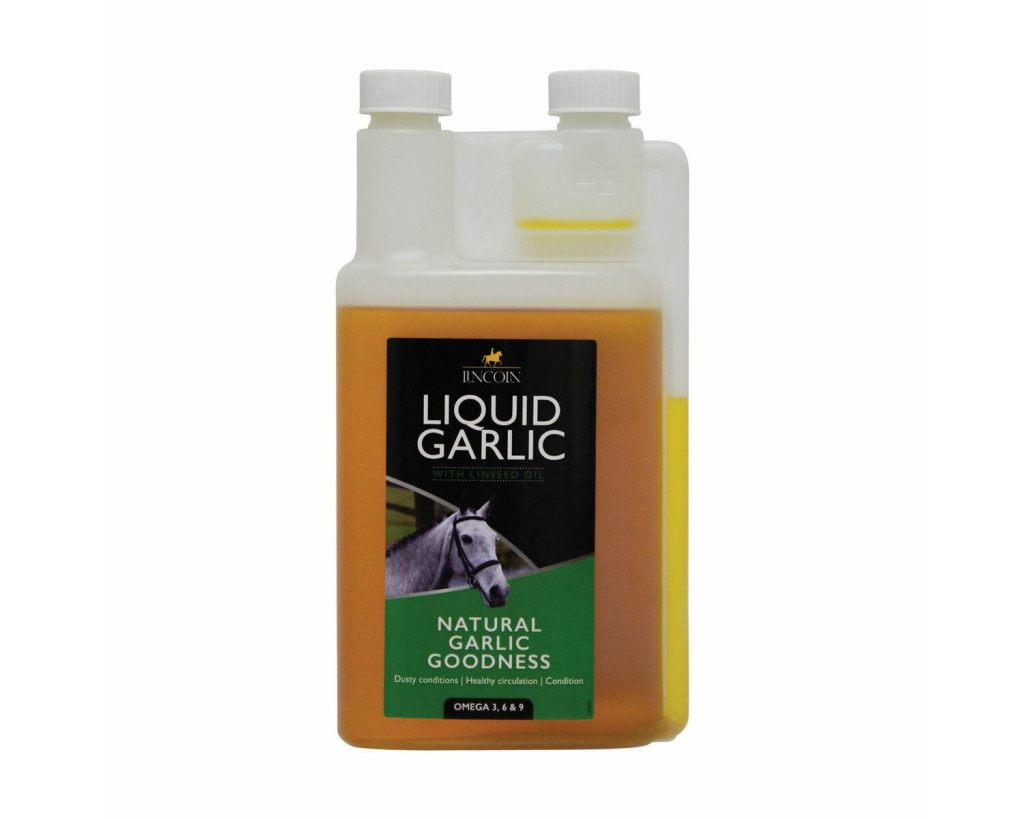
Horse First Garlic & More
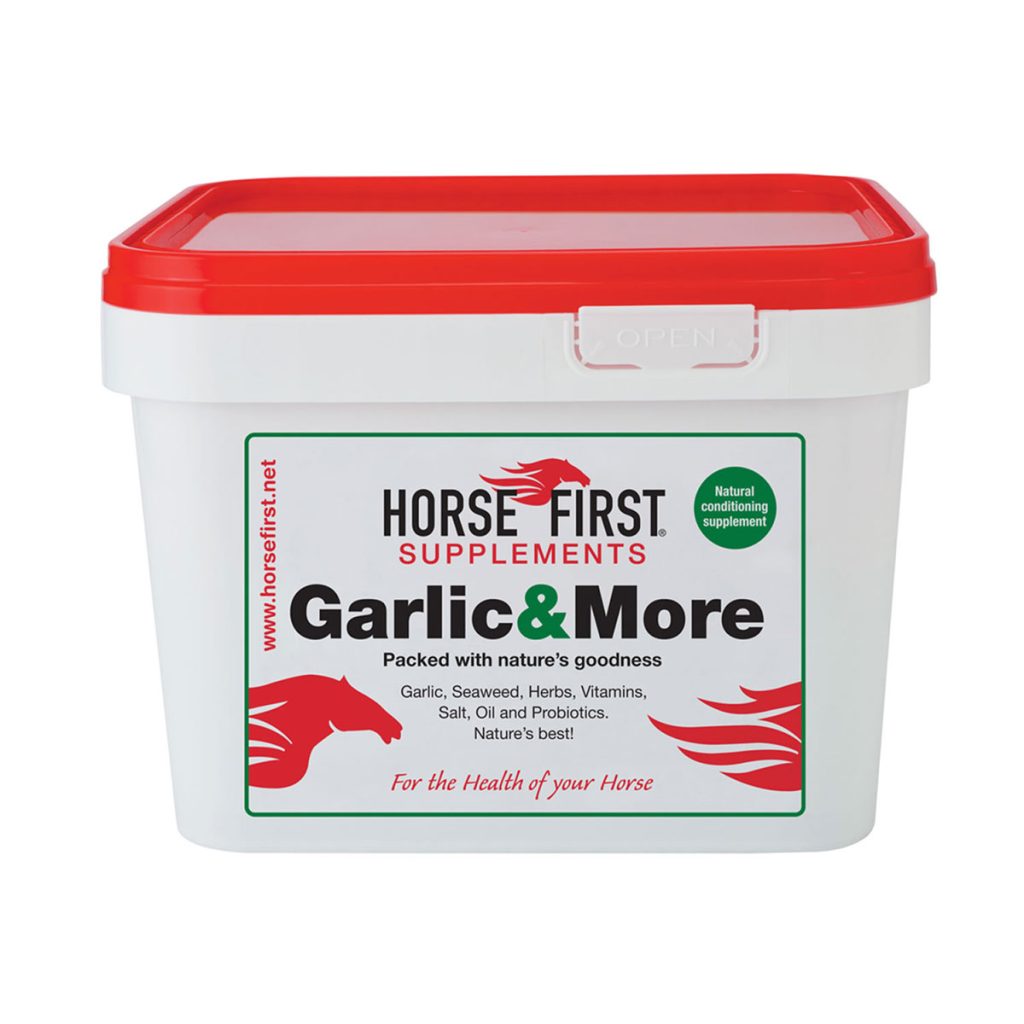
Horslyx Garlic Balancer
